Apple juice has long been a favorite beverage for its refreshing taste and natural sweetness. However, as consumers, we are often faced with the dilemma of choosing between fresh apple juice and apple juice concentrate. This article aims to explore the differences between the two options and help you make an informed decision based on your preferences and requirements. 1. Production Process: Fresh Apple Juice: Fresh apple juice is made by extracting the juice directly from ripe apples. The apples are typically washed, crushed, and then pressed to separate the juice from the pulp. This process ensures that the juice retains its natural flavors, nutrients, and enzymes.
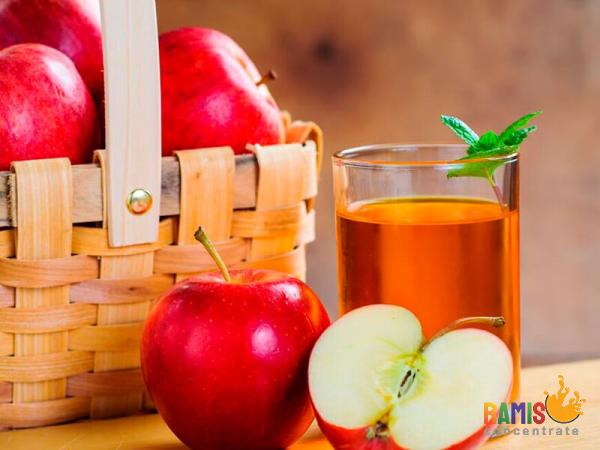
.
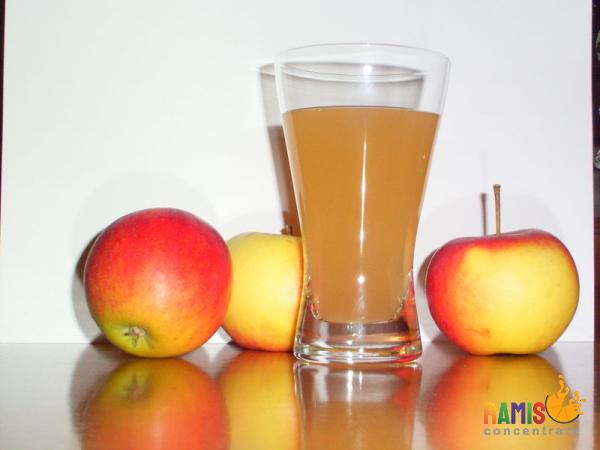 Apple Juice Concentrate: Apple juice concentrate is created by removing the water content from freshly squeezed apple juice. This is achieved by heating the juice to evaporate the water, leaving behind a concentrated syrup. To reconstitute the concentrate into juice, water is later added. 2. Flavor and Taste: Fresh Apple Juice: The natural flavor and taste of fresh apple juice are often considered superior to concentrate. It offers a crisp and vibrant taste, with a balance of sweet and tart notes. Since it is not subjected to extensive processing or flavor enhancements, fresh apple juice provides an authentic and fresher taste experience. Apple Juice Concentrate: While apple juice concentrate does contain the concentrated flavors of apples, it may lack some of the nuances found in fresh juice. The processing involved in concentrate production can result in a slightly milder taste and a lesser reflection of the unique characteristics of different apple varieties.
Apple Juice Concentrate: Apple juice concentrate is created by removing the water content from freshly squeezed apple juice. This is achieved by heating the juice to evaporate the water, leaving behind a concentrated syrup. To reconstitute the concentrate into juice, water is later added. 2. Flavor and Taste: Fresh Apple Juice: The natural flavor and taste of fresh apple juice are often considered superior to concentrate. It offers a crisp and vibrant taste, with a balance of sweet and tart notes. Since it is not subjected to extensive processing or flavor enhancements, fresh apple juice provides an authentic and fresher taste experience. Apple Juice Concentrate: While apple juice concentrate does contain the concentrated flavors of apples, it may lack some of the nuances found in fresh juice. The processing involved in concentrate production can result in a slightly milder taste and a lesser reflection of the unique characteristics of different apple varieties.
..
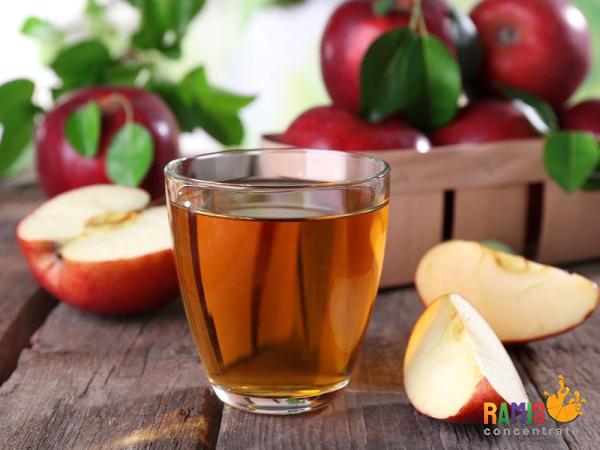 3. Nutritional Value: Fresh Apple Juice: Fresh apple juice is rich in vitamins, minerals, and antioxidants. It retains the naturally occurring nutrients found in apples, such as vitamin C, potassium, and dietary fiber. Furthermore, the enzymes present in fresh juice can aid digestion and strengthen the immune system. Apple Juice Concentrate: Although apple juice concentrate is still a good source of vitamin C and natural sugars, the concentration process can lead to a loss of some heat-sensitive nutrients. However, manufacturers often fortify concentrate with added vitamins and minerals during reconstitution, attempting to regain some of the lost nutritional value.
3. Nutritional Value: Fresh Apple Juice: Fresh apple juice is rich in vitamins, minerals, and antioxidants. It retains the naturally occurring nutrients found in apples, such as vitamin C, potassium, and dietary fiber. Furthermore, the enzymes present in fresh juice can aid digestion and strengthen the immune system. Apple Juice Concentrate: Although apple juice concentrate is still a good source of vitamin C and natural sugars, the concentration process can lead to a loss of some heat-sensitive nutrients. However, manufacturers often fortify concentrate with added vitamins and minerals during reconstitution, attempting to regain some of the lost nutritional value.
…
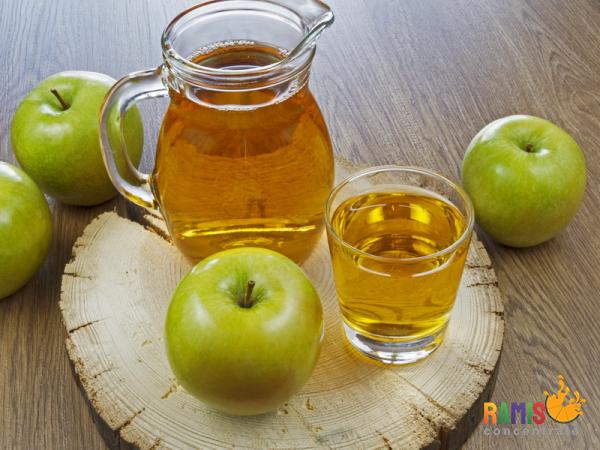 4. Shelf Life: Fresh Apple Juice: Due to the absence of any preservatives or additives, fresh apple juice has a relatively short shelf life. It needs to be consumed within a few days or refrigerated to maintain its freshness. Apple Juice Concentrate: Concentrate, on the other hand, has a much longer shelf life. Properly stored, it can remain stable for several months. This advantage makes it a convenient option for bulk purchasing, storage, and export purposes. Conclusion: When choosing between fresh apple juice and apple juice concentrate, it’s essential to consider your priorities. If you prioritize taste, nutritional value, and minimal processing, fresh apple juice may be the ideal choice. On the other hand, if you value convenience, longer shelf life, and affordability, apple juice concentrate provides a practical option. Ultimately, both options have their own merits, and it comes down to personal preference and individual needs.
4. Shelf Life: Fresh Apple Juice: Due to the absence of any preservatives or additives, fresh apple juice has a relatively short shelf life. It needs to be consumed within a few days or refrigerated to maintain its freshness. Apple Juice Concentrate: Concentrate, on the other hand, has a much longer shelf life. Properly stored, it can remain stable for several months. This advantage makes it a convenient option for bulk purchasing, storage, and export purposes. Conclusion: When choosing between fresh apple juice and apple juice concentrate, it’s essential to consider your priorities. If you prioritize taste, nutritional value, and minimal processing, fresh apple juice may be the ideal choice. On the other hand, if you value convenience, longer shelf life, and affordability, apple juice concentrate provides a practical option. Ultimately, both options have their own merits, and it comes down to personal preference and individual needs.

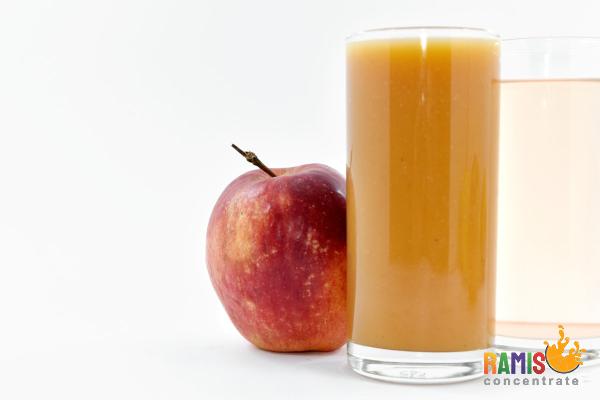
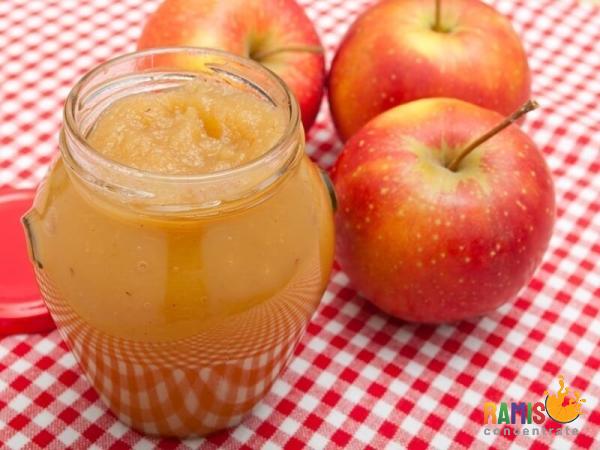


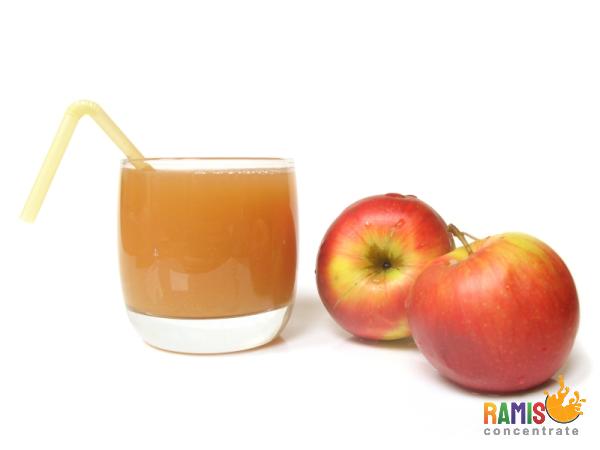
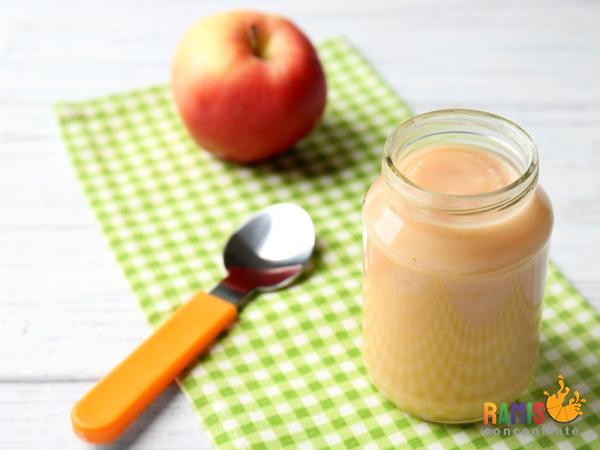
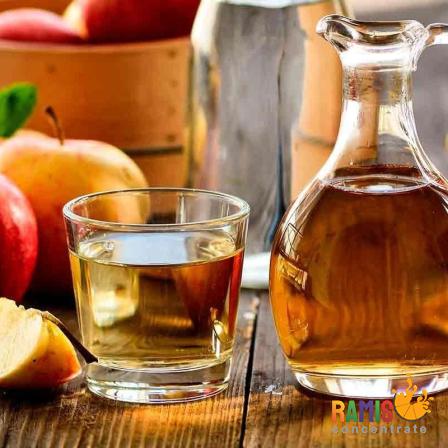

Your comment submitted.